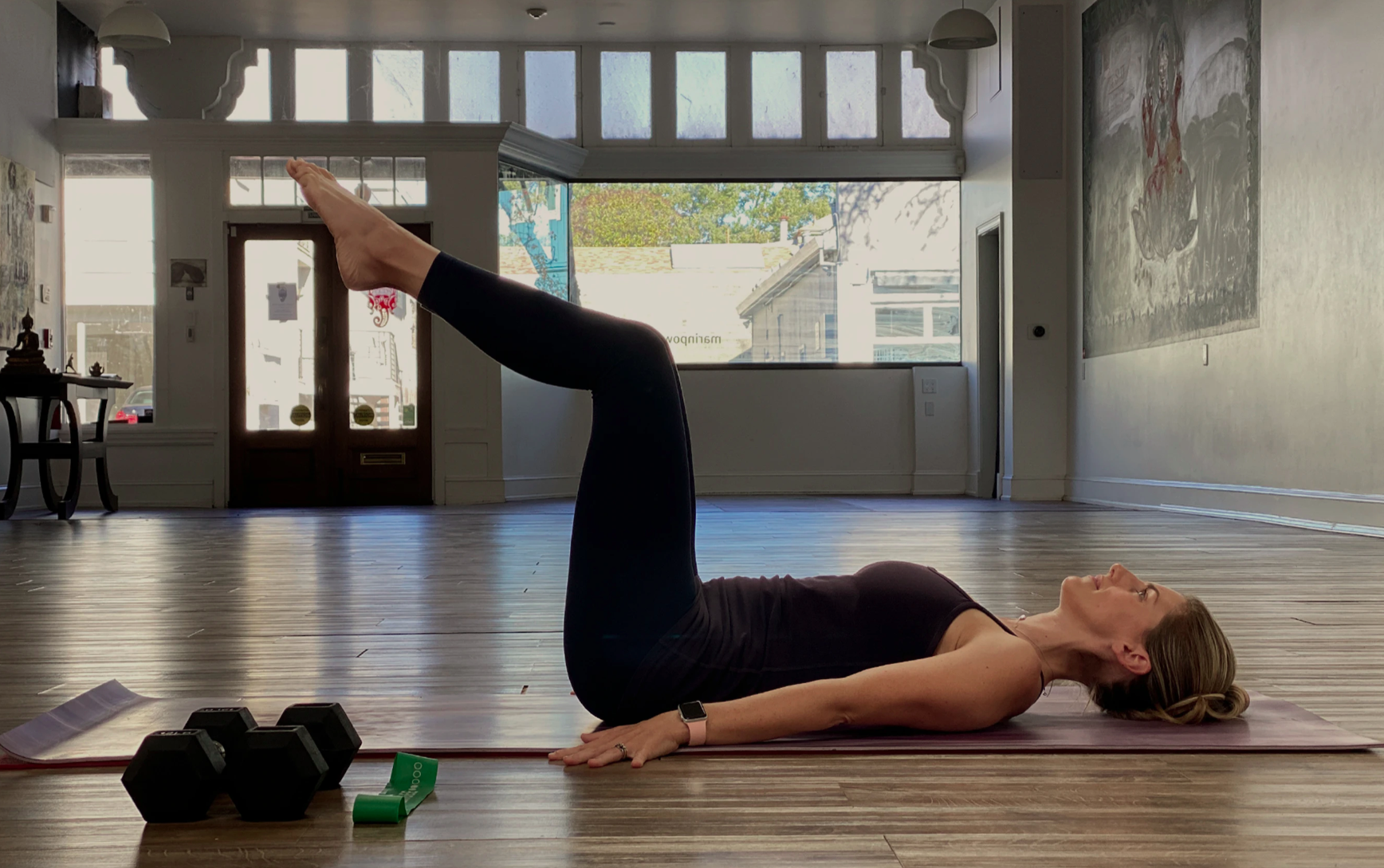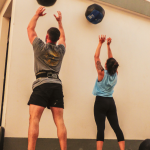Is a Night or Morning Workout Better?
If you are a morning person, making this choice may be simple as you are probably already exercising when you wake up. You might want to give it some thought if you’re not a morning person. Exercise in the morning can help you feel better at the end of the day in addition to helping you get ready for the day. Your circadian rhythm is better engaged when you exercise first thing in the morning. Your biological clock can be quickly and easily thrown off.
You don’t give it a chance to work effectively if you stay up too late. It will wind down just when you need to go to sleep because working out in the morning helps to get things moving. This will enhance both the quality and amount of your sleep, which is advantageous. Both falling asleep and staying asleep will be simpler.
Morning exercise enhanced slow-wave sleep, the deep restorative sleep required for bodily repair and renewal, according to Johns Hopkins research.
Your body temperature will increase as a result of your morning workout, telling your body that it is time to wake up. Exercise will raise your core temperature, which will help you wake up and become more aware.
If you can only exercise at night, you might choose to do less strenuous exercises. While exercising exercise in the morning can wake you up and give you a boost of energy, the same thing can occur at night and make it harder to go asleep. In a moment, we’ll delve deeper into this.
What Time of Day Is Best for Exercise?
So it appears to be advantageous to exercise in the morning, but when exactly is it best? According to research, there is no ideal time of day to exercise if you want to lose weight and burn calories. [2] The morning will still be optimal if you want to feel better and more energised. Additionally, exercising first thing in the morning increases your likelihood of consistency and perseverance.

To choose the best time, you should also consider the kind of exercise you undertake. You should be ready to go as soon as you get up if it’s regular cardio like running or walking. You might want to wait a little while after you get up if you are doing more intense activity like strength training, HIIT training, circuit training, or boot camps.
This might or might not be doable, depending on your schedule. If so, you can delay partaking in a more intense workout for an hour or two after a light meal. You could also want to postpone the high-intensity cardio for after work or after lunch and perform some low-intensity cardio first thing in the morning.
The optimum time of day to exercise will therefore depend on your objectives. Early in the morning is excellent if you want to shed body fat because it keeps your metabolism going all day. If building power and muscle is your main objective, you might want to wait until the afternoon. Your hormone levels are greater at this time of day, particularly your testosterone levels, which might lead to a peak in your level of strength.
Whatever time you can commit to, it’s vital to stick to it because research suggests that doing so will boost performance, minimize rates of weariness, and improve oxygen intake.
Is Working Out on an Empty Stomach Better?
You might not often eat breakfast or even feel like eating much before working exercise. You should be able to exercise on an empty stomach if your early workout isn’t too hard. You must keep in mind that the carbs you consumed the previous night will still be available to you as muscular energy in the form of glycogen stored in your liver and muscles. However, don’t exercise for more than 20 to 30 minutes, and afterward, make sure to consume a filling meal within 30 to 60 minutes.
You should eat something light and readily digestible 30 to 60 minutes before engaging in more strenuous activity early in the morning. This may be anything like a protein shake with banana. Aim to consume 8 ounces of water around 15 minutes before working out, and keep drinking water all the way through.
Focusing on post-workout nutrition is crucial if you want your body to recover and heal itself. Although you don’t need to eat right away after working out, you should take advantage of the post-workout window to replenish muscle glycogen and begin muscle repair. All of this is a necessary component of recovery, and what you do after one workout helps you get ready for the next. Therefore, as long as you eat well within two hours of working out, you should be fine.
With this breakfast, combining protein and carbohydrates is the best method to hasten your recuperation. For every hour of vigorous exercise, it’s a good idea to consume 30 grams of carbohydrates and 15 grams of protein.

Is Working Out Right Before Bed Bad?
Again, this will depend on the kind of exercise. If the intensity is modest, there shouldn’t be any issues, and you might find it easier to fall asleep as a result.
Before going to bed, you might want to try yoga, cycling, or even just strolling. Your body will find it difficult to relax if your workout is too strenuous right before bed. Your endorphin levels will increase, causing your body to become awake and attentive. The removal of these endorphins can take an hour or more. Any strenuous exercise should be avoided a few hours before bedtime if you want to avoid having trouble falling and staying asleep.
Stretching can be a beneficial way to end the day because it relaxes the body, aids in muscle healing, and enhances the quality of sleep. You may want to use this opportunity to foam roll or address any deep tissue problems you may be experiencing.
Conclusion
You need to consider a few aspects while determining the ideal time to exercise.
Your priorities should be your goals and secondly what your calendar permits. It does appear that exercising earlier in the day will be more advantageous for general fitness and cardiovascular activity. It enables you to avoid worrying about eating first thing in the morning and may increase body fat burning.
Waiting till later in the afternoon can be beneficial for you if your objectives are more strength- and muscle-based. The most crucial thing is to determine the time of day that you are most likely able to commit to and stick with. Of course, nothing is set in stone. In the end, this is what propels achievement and outcomes.
For more information you can click:




